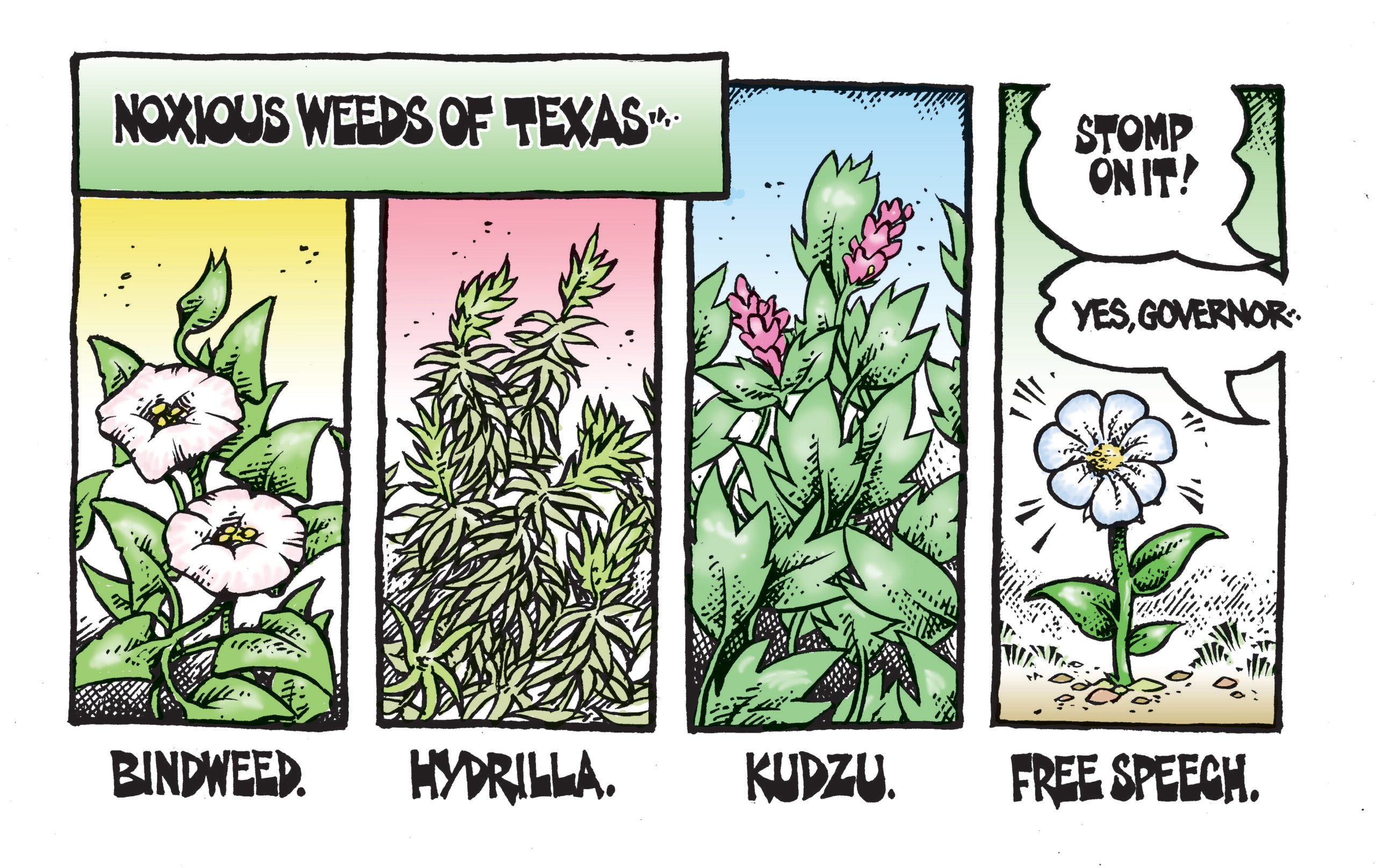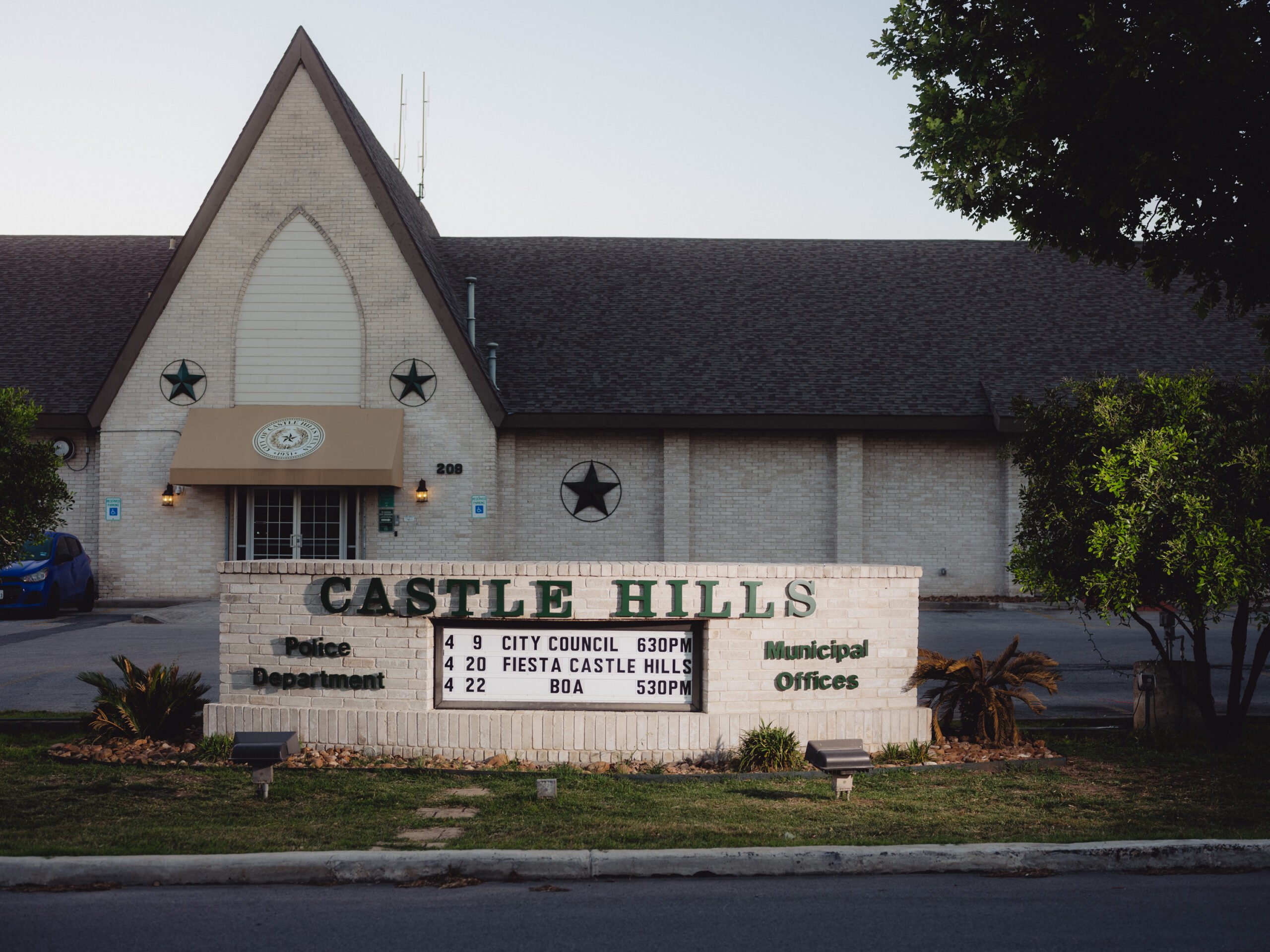ustxtxb_obs_1983_12_23_50_00002-00000_000.pdf
Page 15
2 DECEMBER 23, 1983 g ; a: asa . PAGE TWO Holley’s Valediction To Go Among the People Austin HEN I WAS a boy growing up in the fifties in Waco father was, as he put it, a potato chip peddler. Five days a week for nearly twenty years he left the house before daylight to deliver potato chips, corn chips, barbecue chips, and cheese curls \(along with mustard, mayonnaise, beer joints, and cafes within a fifty-mile radius of Waco. On Mondays and Thursdays, he drove his bright yellow stepin delivery van to Belton, Killeen, Fort Hood, Copperas Cove, and Temple; on Tuesdays, to Rosebud, Cameron; Burlington, and Ben Arnold; on Wednesdays, his short day, to Robinson, Chilton, Lott, Satin, Asa, and Downsville; on Fridays, to Riesel and Marlin. \(I include this litany because I like the He worked for himself. That was important to him; he didn’t like working for the other man. During the summers, two or three times a week, I’d go with him. I was company, I guess, but I worked I worked hard and he would always tell me, and tell the people we called on, that I was a big help. Twenty-five years later, I can still follow each day’s route in my mind, and I still remember the people. It’s those people, my father’s customers and his friends, I’m thinking about now people like Tex Miller in Cameron, who made the best hamburgers anywhere; and Coy Martin, who ran a grocery store/beer joint/nightclub in Temple and whose son Bobby played football for Prairie View A&M \(and Taggart, who ran a little Red & White grocery just off the square in Belton. I remember kneeling on the oiled wooden floor of his store filling the lower shelves with neat rows of nickel and dime potato chip packages and listening to Mr. Taggart tell my dad how the supermarket chains the Safeways and the A&Ps would eventually put him out of business. I remember the block-long rows of black-owned beer joints lining both sides of old, narrow Wood Street in Marlin. Inside they smelled of stale beer, but on hot summer mornings they were cool and quiet and dark. I worked these places by myself sometimes while my dad went on to the next stop, and since they all looked alike, I occasionally went in the wrong one. On Wood Street I was a white boy; I was out of place. In Rosebud one summer afternoon, I sat for an hour in a beer joint watching the All-Star game on television with four or five black men. It was curious to me that they pulled for Don Newcombe and Willie Mays; it didn’t matter what Mickey Mantle and Ted Williams did. They were National League fans because the American League at the time was


